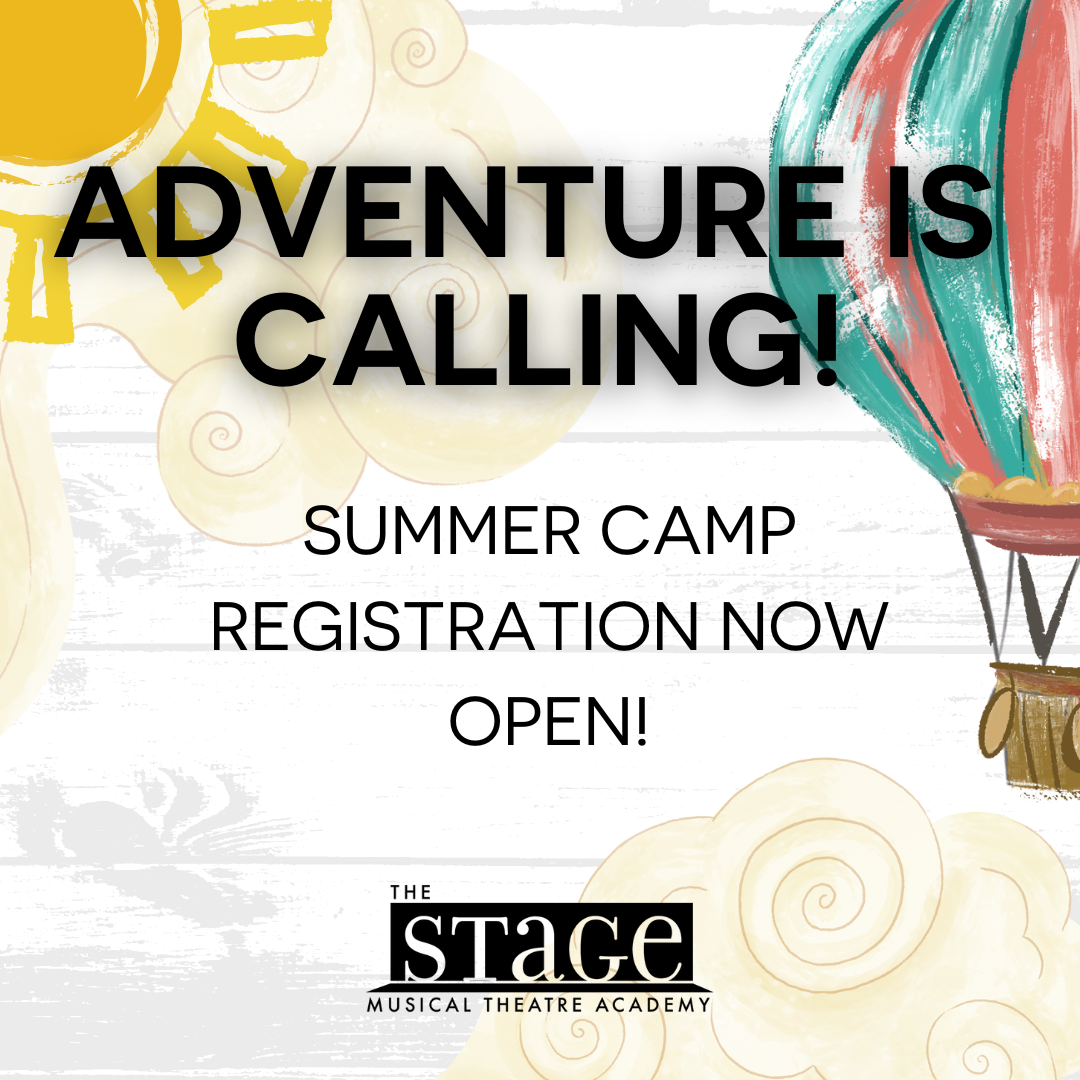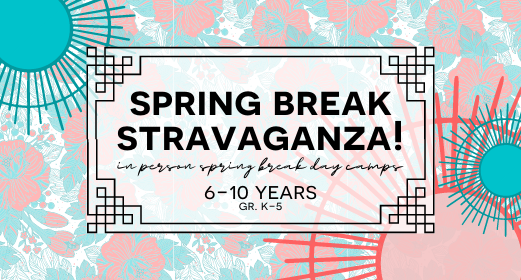I Can’t Sing; and Other Such Nonsense
The Fallacy
“I’d like my child to sing, because I can’t”
“I’m not musical, I can’t carry a tune in a bucket”
“I have no sense of rhythm and two left feet. I hate to dance/sing but my child is showing an interest in it”
or worse yet
“I’d like my 7 year old (10 year old, 12 year old, even 3 year old!) to take singing lessons because she loves to sing but she’s completely tone deaf, much like me”.
These phrases are common, and perhaps it is because I’ve spent my whole life singing that I am able to stand objectively in the face of this comment and those like it.
It’s nonsense.
For a variety of reasons.
The Opinion
There is this odd sense that because we are all born with a voice that we should somehow know how to use it in every way and be able to make beautiful sounds right off the bat. To me this would be the equivalent of asking anyone to just pick up a violin and know how to play it; a ludicrous expectation. And if we can’t play the violin or the piano most of us don’t take this as a personal criticism. We understand that we haven’t undergone the necessary training required to play an instrument. And if we sat down at a piano and banged away for awhile knowing we didn’t know how to play it, but had fun none the less, I’m sure those nearby would think “Please, stop”, but they would have to arrive at the similar conclusion that this person doesn’t have the training to elegantly align the keys in a melodic or harmonious way that the general public would appreciate; they are not a “bad person” nor is it a “bad instrument”.
But if we “can’t” sing?
It is safe to say we judge our voices against other’s voices the way we judge our bodies. We develop “voice image issues” the same way we develop “body image issues”. The voice is the most vulnerable instrument. If we can’t play the piano or the violin there is a separation, it resides outside of who we are. It is something that can be taken or left as we choose, unlike a voice which is carried with us all the time. Our voice is a substantial part of who we are. We are not the piano we sit down at, but we are the voice that speaks into the world. It’s personal, it’s exposing, it’s scary.
The Fear
We’re vulnerable. The voice is the only instrument that provides direct communication from our souls to the audience, without being translated through a man made tool. This isn’t to say that we are not moved by other instrumental interpretations, or that they are lesser than, but in my opinion the voice is the only instrument that provides immediate, uninterrupted communication. We literally have to open a part of our body, as opposed to creating a tight emboucher around a mouth piece. We do not have a physical object to put between us and those around us. We open our mouths to make sound and are suddenly aware that the act of letting this sound out, lets other’s in in a way that feels too close, too soon. Most of us are afraid to use our voices to speak in front of a group, never mind sing! Our voice reveals more about us than we care to share, whether speaking or singing.
Words are short, we clip the vowels, we invent words like “totes” further cutting away syllables and increasing our efficiency (arguable). We string words together to form long sentences, but words themselves are short. We can speak with our lips barely parting, in an octave range (not even, more like 3-5 tones) that we likely locked into in early adulthood, and we can safely communicate our thoughts adding emotion when needing, but stifling it when we feel we should. We might speak softly so as to avoid offense, so as to only be heard by a few people standing near by, only raising our voices when necessary and usually in times of heightened emotion, positive or negative.
Singing? Singing is long. Vowels are lengthened, our voice rings in our own ears, our thoughts linger in the world for a longer time leaving them hanging there with more time to be scrutinized. Our mouths have to open wider, we have to expose a greater space in our being. We have octave ranges that we almost never touch, we worry about offending the ears with our warbling, and with that worry in mind still have to project the sound to the back of the house. We emote in an incredibly poignant way, the vibrato of our tone shaking open darker corners of our souls, and perhaps dusting off the same corners of other people’s inner worlds, in someway way exposing them as well.
Such is the power of the human voice.
The Reality
Let me start with some reassurance…you’re not alone. More often than not people will criticize their musical, theatrical, or other artistic skill before they say anything kind, or even neutral about it. This is why it comes as a shock to many parents in my classes that they are encouraged (read: expected) to sing in their baby and toddler’s music class. How can I ask these strangers (at first) to sing openly in a group of other strangers? On the first day?! (Okay, so I don’t push it on the first day and strive to work with parents the same way I work with my students, at their own pace but with constant encouragement and reminders 🙂
If you are born with the physical make up to produce a vocal sound you can sing. Can you sing well? Maybe not in your opinion, maybe not in the opinion of others. But yes you CAN sing.
And believe it or not there was a time when you thought this also. Maybe it stopped at age 3, or 7, or 12, but there was a glorious time when you actually didn’t think one way or the other about your singing, it was just there.
But then, something changed. Maybe you don’t remember when or where or who, but somehow you developed a discomfort with your singing voice. Perhaps it was being shushed too many times, perhaps it was a flippant comment from someone, or perhaps it was because you were raised in a house where your parents “couldn’t sing”, so they didn’t; and without saying as much, singing became something that only those who were “good” at could and should enjoy.
Your child’s relationship with their voice, and your relationship with yours, has very little to do with an ability to sing well. Encouraging a healthy relationship between your child and their voice starts early on, and singing is an incredibly useful activity to promote this. Not because your child will grow up to be a professional musician, but because your child has a right to be heard in this world.
Patsy Rodenburg, in her book “The Right to Speak” (one of the most powerful and influential books I’ve ever read on the subject was introduced to me by Dr. Bruce Kirkley at the University of the Fraser Valley and to him I am forever grateful) opens her book with “The right to breathe, the right to be physically unashamed, to fully vocalize, to need, choose and make contact with a word, to release a word into space – the right to speak”, a declaration to all that you, the sound you create, has a right to be heard in this world.
What a powerful message to instill in a child. And what an incredible injustice to take such a message away from a child, without even realizing you’re doing so.
The Hope
Your child’s relationship with their voice starts at home. It starts with a household that places no value judgement on the quality of one’s sound. It starts with an environment that enjoys and plays with the sound of music, instruments, voices, singing, laughter.
If you cannot speak highly of your own talent, do not speak of it at all. Or, at least speak neutrally about it. Do not model for your child the blanket idea of “I can’t sing”, because as we’ve already discovered, yes you can. And the more they hear that you can’t, the more they will believe that THEY can’t.
And NEVER, let them hear you comment negatively about THEIR musical talents, and imply that they require some kind of intervention before they should ever be allowed to have their voice heard by others. Perhaps their voice is uncontrolled, maybe it’s out of tune and unrefined, but it’s never “bad”…and they CAN sing.
Never a truer statement made than “Sing like no one is listening”. You may never like to sing, and that’s okay; but I would encourage you to try it whenever you get the chance. Practicing the vulnerability will perhaps awaken you to new understandings about yourself. It may also give you the patience when you’ve heard “Let it Go” belted from the backseat for the eight thousandth time. When possible, let them sing. Let them practice sending their sounds into the universe. The world will try to silence us throughout our lives, in one way or another, let’s raise a generation that has the strength to know its voice matters enough to be heard.




